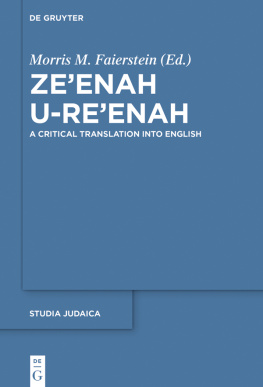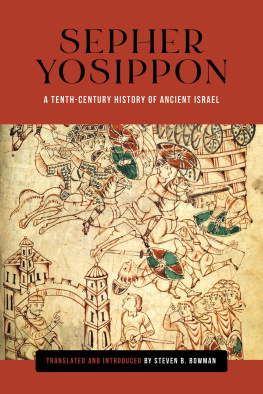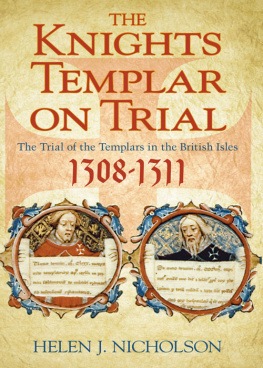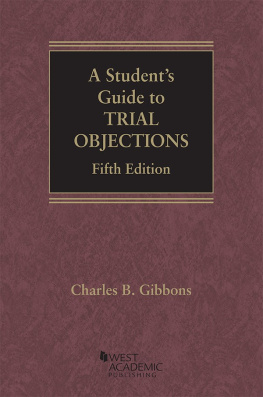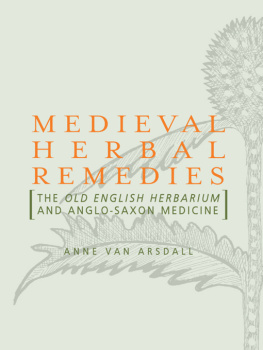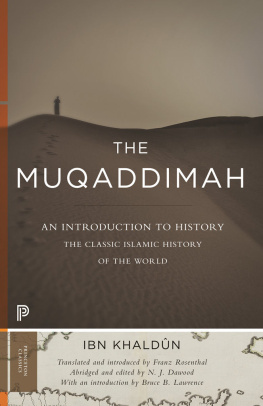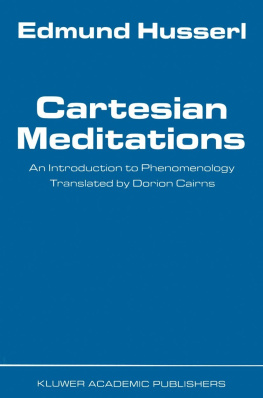Routledge Revivals
The Trial of Jeanne dArc
First published in 1931, this is the first unabridged English translation of the documents pertaining to the trial of Joan of Arc. The basis of the translation is drawn from an edition of the text published in 1841 by Jules Quicherat, but elements are also derived from a number of the manuscripts originally translated into Latin. As notes were taken daily by several scribes, the text provides important insight into the trial, its chronology and its major players, as well as Joans character and intellect. With a detailed introduction and beautiful illustrations, this is a fascinating reissue that will be of value to students of medieval history, particularly those with an interest in medieval hagiography, heresy during the fourteenth century, ecclesiastical law and the practice of Church courts.
The Trial of Jeanne dArc
A Complete Translation of the Text of the Original Documents, with an Introduction by
W. P. Barrett
First published in 1931
by George Routledge & Sons
This edition first published in 2014 by Routledge
2 Park Square, Milton Park, Abingdon, Oxon, OX14 4RN
Simultaneously published in the USA and Canada
by Routledge
711 Third Avenue, New York, NY 10017
Routledge is an imprint of the Taylor & Francis Group, an informa business
1931 W. P. Barrett
All rights reserved. No part of this book may be reprinted or reproduced or utilised in any form or by any electronic, mechanical, or other means, now known or hereafter invented, including photocopying and recording, or in any information storage or retrieval system, without permission in writing from the publishers.
Publishers Note
The publisher has gone to great lengths to ensure the quality of this reprint but points out that some imperfections in the original copies may be apparent.
Disclaimer
The publisher has made every effort to trace copyright holders and welcomes correspondence from those they have been unable to contact.
A Library of Congress record exists under LC control number: 31031016
ISBN 13: 978-0-415-73453-0 (hbk)
ISBN 13: 978-1-315-81992-1 (ebk)
The Trial of Jeanne dArc
A complete translation of the text of the original documents, with an introduction, by
W. P. BARRETT
Published by
GEORGE ROUTLEDGE & SONS, LTD.
BROADWAY HOUSE CARTER LANE LONDON
1931
Printed in Great Britain by Butler & Tanner Ltd., Frome and London
For My Mother
List of Illustrations
Plate I |
Plate IX | JEANNE IS LED TO HER KING |
From the Mss. Vigilles de Charles VII (1484) |
Plate X | PORTRAIT OF CHARLES VII BY JEAN FOUQUET |
From the Louvre |
Plate XI | JEANNE IS TAKEN AS A PRISONER TO ROUEN |
Woodcut from the Vigilles de Charles VII, printed by Jehan Dupr, 1493 |
Introduction
Apart altogether from the intense interest which the chief figure universally arouses, the trial of Jeanne dArc is in many respects remarkable, and if an excuse for the first unabridged English translation were needed, it might easily be found in the fact that of a long series of great ecclesiastical law cases it is at once the first and the most complete. There are not wanting, of course, serious studies of the Inquisition, of trials for witchcraft, or of Jeanne (to which I am indebted), that reproduce the most critical and moving passages of her trial, yet, so far as the text of the trial itself is concerned, they are naturally incomplete, and English readers have had to depend on a good translation by Mr. T. Douglas Murray, first published in 1902, and now out of print. It is, however, considerably abridged where no warning is given, and suffers in addition from a particular defect which it has been the care of this present edition to avoid. In the effort to restore the dramatic quality of the first occasion, the translator permitted himself to make slight alterations in the form of the definitive version, and substituted for its legal indirectness the more vigorous form of oratio recta. This is a dangerous expedient: the apparent gain is more than offset by the loss in authenticity. Monsieur Champion describes the account as we have it as first and foremost the judges apology to posterity. This apologetic side disappears if the even feeling and tenor of the document is interfered with, so that we lose the flavour of artificial eloquence and laborious regularity which go to hide an uncertain conviction in a poor case. Even where the survival of the original French minute confers a sort of licence for more direct question and answer, I have repressed my inclinations to follow it, and no doubt at first sight the reading is made less inviting, but at least the document is presented in its final form unaltered, so that a reader may from this translation reach his own conclusions on the conduct of the trial, which after twenty-five years was denounced as full of cozenage, inconsequence, iniquity, and manifest error both in fact and in law. As the accusations in this respect are inclined to exaggeration, the extent of the irregularity must be cautiously decided.
Several conditions make judgment difficult. In the first place, it is essential to underhand the nature of the charges preferred against her, and the composition of the court which judged her. She was tried under a system which is now universally held to be barbaric and unjust, but which was in her time, and for that matter, for centuries afterward, in full operation in every ecclesiastical court. The case against her was not officially formulated so that she knew from the beginning of what crimes she was accused. She was arrested on suspicion, and throughout a Preparatory Process, as it was called (lasting from January 9th, the day of the first meeting of Pierre Cauchon with his assistants, until Palm Sunday, March 25th), it was the business of the court to devise a convincing case against her. This was built up as her interrogation proceeded, by a court not averse from accepting as evidence Stories from her native village of innocent rustic dances and games. The judges must not be blamed for this abuse of justice: it had in every sense the authority of canon law. In fact., the distinguishing feature of the trial is the immense weight of authority behind it.
Jeanne was captured in the territory and jurisdiction of Pierre Cauchon, Bishop of Beauvais. In the trial he was assisted by the collaboration of the Inquisition, in the person of Jean Le Maistre, who, with an ill and reluctant humour, agreed to participate only after an especial commission from the Grand Inquisitor of France instructed him to do so. But more important Still, Cauchon had the support of the supreme intellectual authority and spiritual light of the University of Paris, especially in its eminent representatives Beaupre, Midi and Courcelles, who were among the assessors.


